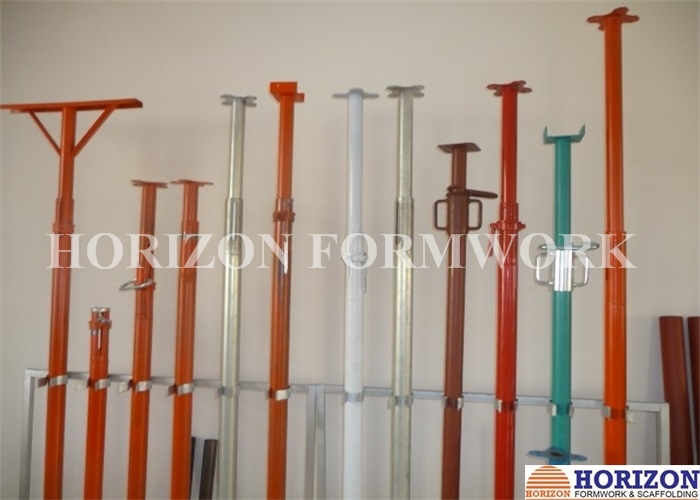Okt . 03, 2024 02:38 Back to list
Plastic Formwork Manufacturing Facilities and Their Impact on Construction Efficiency
The Rise of Plastic Formwork Factories Transforming Construction Practices
In recent years, the construction industry has witnessed a significant shift towards sustainable materials and innovative technologies. Among these advancements, the rise of plastic formwork factories has garnered attention for their ability to enhance efficiency and reduce environmental impact in building projects. This article delves into the advantages of plastic formwork, the operational dynamics of factories producing these materials, and their potential to reshape construction practices.
Understanding Plastic Formwork
Plastic formwork is a construction system made from high-density polyethylene (HDPE) or other types of durable plastic that is used to shape concrete while it sets. Unlike traditional materials such as wood or metal, plastic formwork offers a multitude of benefits, such as lighter weight, reduced labor intensity, and longer lifespan. These features make plastic formwork not only cost-effective in the long run but also an eco-friendly alternative to conventional methods.
One of the standout characteristics of plastic formwork is its reuse capability. Traditional wooden forms may only be usable a limited number of times before they deteriorate, while plastic forms can last for years, resisting water damage, corrosion, and wear. This durability translates to immense savings in both material costs and waste reduction—aligning with global efforts to promote sustainable practices in construction.
The Functionality of Plastic Formwork Factories
Plastic formwork factories play a critical role in the supply chain of modern construction materials. These facilities specialize in manufacturing plastic formwork systems tailored to a variety of construction needs. The production process involves melting down plastic pellets, which are then molded into specific formwork designs. Advanced technologies such as injection molding and blow molding facilitate high precision and efficiency in producing these systems.
To stand out in a competitive market, plastic formwork factories often focus on innovative designs that enhance usability. This could include features such as interlocking systems for easier assembly, lightweight structures for reduced transport costs, and modular units that can adapt to various building shapes and sizes. Moreover, the factories often incorporate feedback from construction professionals to continually improve product features based on real-world applications.
column plastic formwork factories

Benefits of Plastic Formwork in the Construction Industry
1. Cost Efficiency Initial investment costs for plastic formwork may be higher than those for traditional materials; however, the long-term savings due to reusability and less maintenance often outweigh these costs. Contractors can expect a significant return on investment through decreased labor costs and faster project turnaround times.
2. Environmental Sustainability Given the construction industry's contribution to global waste, the adoption of eco-friendly materials is imperative. Plastic formwork facilitates this transition by minimizing waste, as the materials are often recyclable. Furthermore, the production processes in plastic manufacturing can be optimized to reduce energy consumption and emissions.
3. Enhanced Safety and Precision The lightweight nature of plastic formwork reduces health and safety risks related to lifting heavy materials on job sites. Additionally, the precision of manufactured plastic parts ensures that structures can be built to exact specifications, reducing the likelihood of costly mistakes during construction.
4. Versatility Plastic formwork systems can be tailored to various construction projects, from residential buildings to enormous industrial infrastructures. This versatility enhances the adaptability of construction firms in accommodating different architectural designs and client needs.
Future Prospects
As the construction sector continues to evolve, the demand for innovative and sustainable materials will only grow. Plastic formwork factories are well-positioned to capitalize on this trend, catering not only to local markets but also expanding internationally as awareness of their benefits spreads. Investing in research and development within these factories can lead to even more advanced solutions, such as bioplastics or smart formwork that could integrate technology to monitor curing processes.
In conclusion, plastic formwork factories represent a cornerstone of modern construction practices, offering solutions that align with the industry's shift towards sustainability and efficiency. As demand increases and technology evolves, these factories are set to play a vital role in shaping the future of construction, contributing to a more sustainable and innovative world.
-
Premium Ringlock Scaffolding | China Manufacturer & Supplier
NewsAug.19,2025
-
Efficient Table Formwork for Fast Slab Construction & Reusability
NewsAug.18,2025
-
Timber Beam H20 Formwork & Shuttering - Durable & Reliable
NewsAug.17,2025
-
Timber Beam H20: Premium Formwork & Shuttering Solutions
NewsAug.16,2025
-
Premium H20 Timber Beam for Formwork & Slab Shuttering
NewsAug.15,2025
-
China Single Sided Wall Formwork: Fast, Flexible Solutions
NewsAug.14,2025